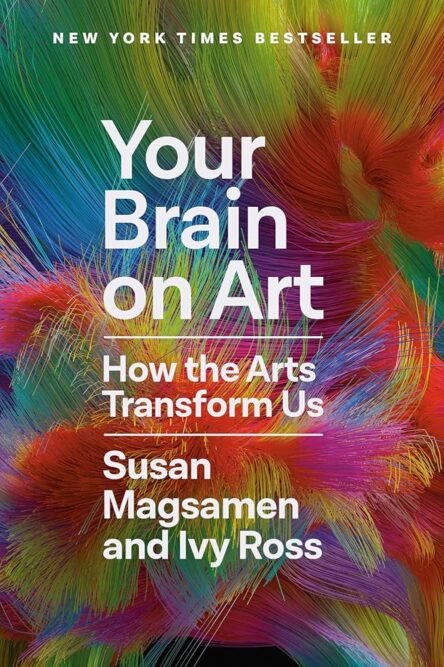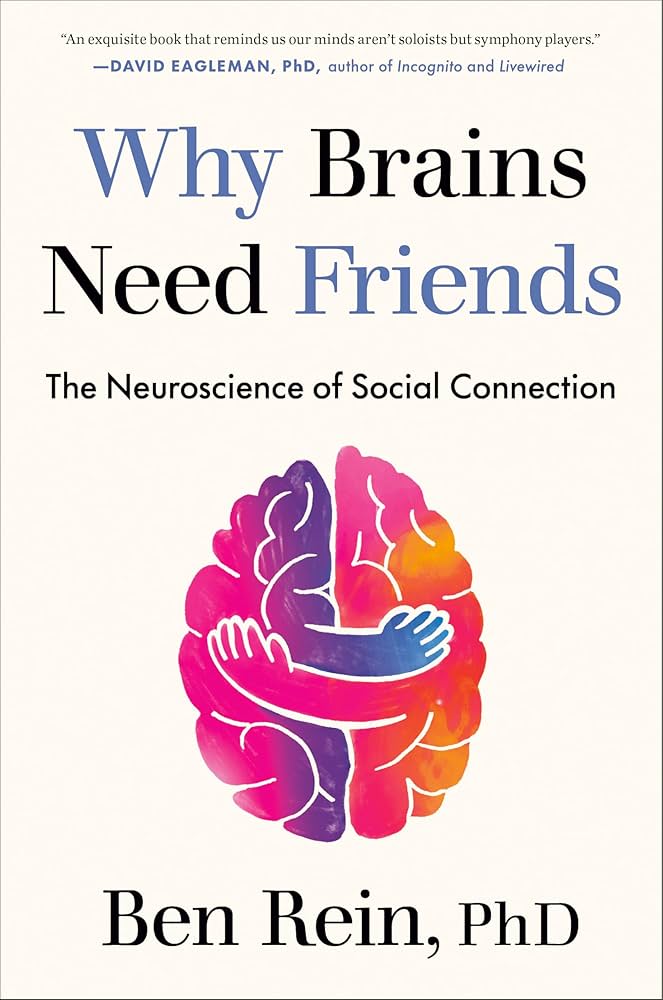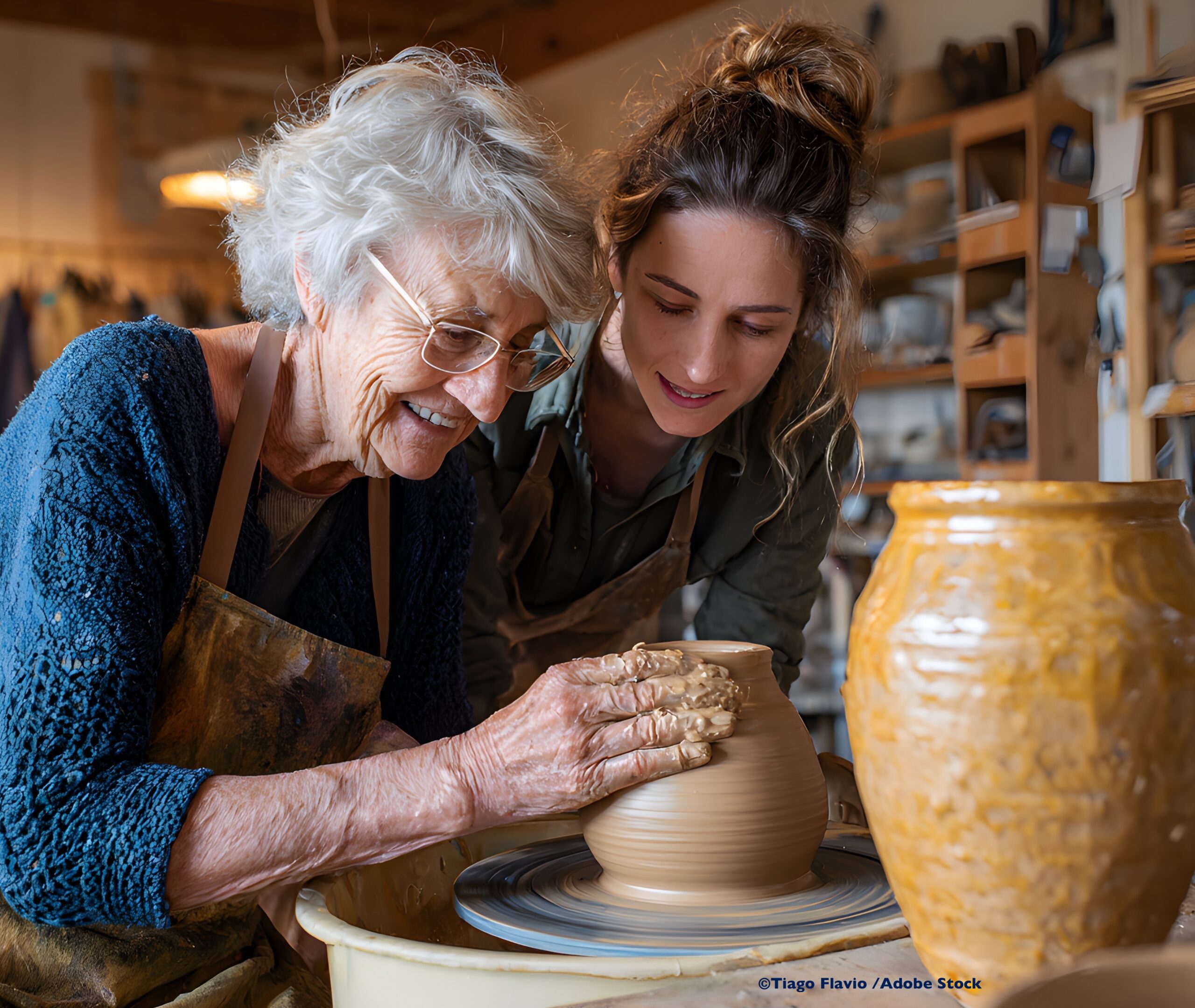Thanks to reader Adrienne Roth, whose comment about the previous post, “Might music making be a fountain of youth?” precipitated today’s post. Adrienne wondered whether “those who love music and read nonstop and continually challenge themselves in art skills have equal opportunity to keep their cognitive skills?” The short answer is “yes!” There are many ways to develop cognitive reserve and to maintain cognitive skills as we age, and being involved in the arts is definitely one of them.
What follows is a brief look at several avenues that researchers have identified to promote brain health and delay the aging process. And it is never too early – or too late – to begin. How we use our brains in our younger years affects our brain health as we age just as being physically active keeps our bodies healthy.
On the other hand, we will see in a later post that even if, for example, we begin piano lessons in our 60s or 70s, our brains show positive neuroplastic changes in areas having to do with cognition. In the remainder of the article below, I have linked to numerous books and articles that offer discussions in greater depth about the brain, the arts, crafts, brain clocks, super-agers, social networks, and aging.
“Can Arts, Crafts and Computer Use Preserve Your Memory?” describes a 2015 study at the Mayo Clinic that showed that people who participate in arts and craft activities may delay the development of cognitive decline. The primary research study was published in an online issue of Neurology, the medical journal of the American Academy of Neurology. Unfortunately, this article is not open access, but you may be able to access it through a local university if you are interested.
A recent article in Nature Communications, “ Creative hobbies could slow brain ageing at the molecular level” speaks directly to the fact that engaging in creative activities can slow brain aging. The primary research study on which the article is based is “Creative experiences and brain clocks,” and it is open access. It’s a fairly dense read so I suggest starting with the “Creative hobbies” article. Brain clocks, by the way, are a scientific tool used to look at the difference between brain age and chronological age. (And although I do make typos, “ageing” is the British spelling, “aging” the American.)

Your Brain on Art: How the Arts Transform Us by Susan Magsamen and Ivy Ross explains in a beautiful way why arts activities are essential to our lives. The authors describe how our brains and bodies are transformed when we participate in the arts. They cite studies that show, for example, that engaging in the arts lowers your mortality rate, playing music builds cognitive skills, and interactive exhibits can strengthen memory, plus a great deal more. We all know that we can be deeply moved by a piece of music or a piece of visual art. Magsamen and Ross explain why we are healthier in both body and mind when the arts are in our lives.
There are multiple other ways to delay cognitive decline as well. We frequently hear or see the term “super-ager.” Super-agers are adults who are 80 or older who exhibit cognitive or physical function that is comparable to that of an adult who is several decades younger. In other words, they have a significant amount of cognitive reserve – the “fountain of youth” that we talked about in the previous post, and certainly conductor Herbert Blomstedt and pianist Ruth Slencynska, discussed in that post, are super-agers.
The term “super-ager” was coined in the late 1990s by Dr. M. Marsel Mesulam, the founder of the Mesulam Institute for Cognitive Neurology and Alzheimer’s Disease at Northwestern University. That Institute remains one of the primary research centers for aging in this country, investigating the factors that contribute to super-agers.
Northwestern Medicine also addresses super-agers, and they suggest that there are some common habits of super-agers, and these include 1) living an active lifestyle, 2) continuing to challenge yourself, as in reading about something with which you are unfamiliar or taking a class that puts you outside your comfort zone, 3) being social, and 4) indulging. The 4th point may surprise you.
Neurologists at Massachusetts General Hospital, which is part of Harvard Medical School, have been studying both physical and cognitive super-agers for several years. Their findings suggest that incorporating new mental challenges in your life is key to preserving brain tissue and brain function. They say that super-agers share a willingness to endure discomfort to master a new skill, whether it is something like learning to play a musical instrument or speaking a new language.
The University of Chicago is a hub for the SuperAging Research Initiative, an international study involving multiple centers and institutes across the US and Canada. In the short video at the link above, several super-agers are interviewed.

One factor that is found in nearly all studies of aging is the importance of social networks. And coincidentally, I recently received my copy of the new book by Ben Rein, Why Brains Need Friends: the Neuroscience of Social Connection, and I’m looking forward to reading it. This is not specifically about super-agers, but Rein speaks to the fact that our brains are wired for social connection, and we have lost that in today’s world. He explains why connection with others is critical to our brain health, and brain health is critical to longevity.
You may find the following to be interesting reads as well:
“Isolated older adults find joy and connection through virtual singing”
“Music Sparks Social Imagination and Eases Loneliness”
“The One Quality Most ‘Super-Agers’ Share”
“Where You Live Could Shape Your Brain and Dementia Risk”
So take a class in a new subject, read something challenging, dance the tango, make art and music, be social – all are great ways to build cognitive reserve and delay aging.
And since this blog is usually about music and the brain, we’ll return in the next post to explore in greater depth how making music builds cognitive reserve and why it’s never too late to start.





6 responses to “Fountain of youth, part 2”
Well done, Lois.
I have needed help to load in new performances on YouTube, and to create a new website for myself.
But at least, so far I am still producing new material for these.
Spoken like a true “super-ager!”
Thanks so much, Steven
Looking forward to hearing more about point #4 (indulging)!
Thanks, Charles, Just click on the link in that paragraph and you can read all about “indulging!”
Great piece Lois! As always, clear, easy to digest and full of well-researched references and resources.
Thanks, Don!